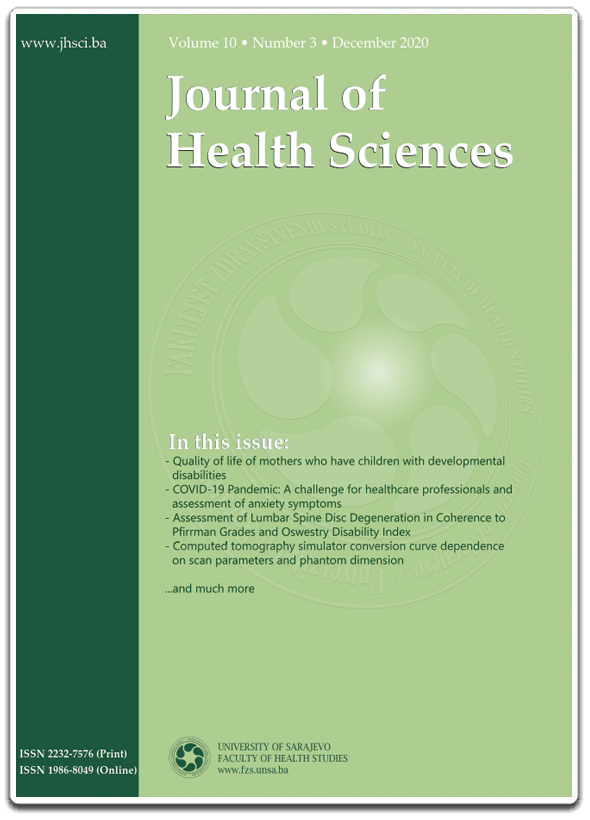Leadership styles in nursing management: implications for staff outcomes
DOI:
https://doi.org/10.17532/jhsci.2016.266Keywords:
Nurse Manager, Leadership Styles, Staff outcomes, Job Satisfaction, Intention to Stay, Retention, Nursing Staff, Nursing LeadershipAbstract
Introduction: Nursing is a people-centred profession and therefore the issue of leadership is crucial for success. Nurse managers’ leadership styles are believed to be important determinant of nurses’ job satisfaction and retention. In the wake of a global nursing shortage, maldistribution of health workforce, increasing healthcare costs and expanding workload, it has become imperative to examine the role of nurse managers’ leadership styles on their staff outcomes. Using the Path-Goal Leadership theory as an organised framework, this study investigated the leadership styles of nurse managers and how they influence the nursing staff job satisfaction and intentions to stay at their current workplaces.
Methods: The study employed a cross-sectional survey design to collect data from a sample of 273 nursing staff in five hospitals in the Eastern Region of Ghana. Descriptive and regression analyses were performed using SPSS version 18.0
Results: Nurse managers used different leadership styles depending on the situation, but were more inclined to the supportive leadership style, followed by the achievement-oriented leadership style and participative leadership style. The nursing staff exhibited moderate levels of job satisfaction. The nurse managers’ leadership styles together explained 29% of the variance in the staff job satisfaction. The intention to stay at the current workplace was low (2.64 out of 5) among the nursing staff. More than half (51.7%) of the nursing staff intended to leave their current workplaces, and 20% of them were actively seeking the opportunities to leave. The nurse managers’ leadership styles statistically explained 13.3% of the staff intention to stay at their current job position.
Conclusions: These findings have enormous implications for nursing practice, management, education, and human resource for health policy that could lead to better staff retention and job satisfaction, and ultimately improve patient care.










